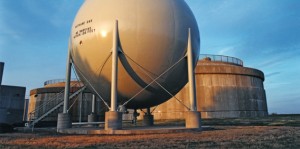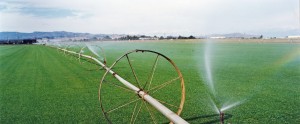DID YOU KNOW & FAQ
How do I initiate sewer service?
You may need information about starting or changing sewer service if you’ve just moved to the area or are considering starting a new business that requires sewer service.
Information about starting or changing sewer service can be found on the cities’ websites:
City of Fairfield or call 707-428-7346
City of Suisun City or call 707-421-7320
Who do I call when I have a sewer backup?
The Fairfield-Suisun Sewer District does not maintain nor repair private sewer laterals but would be happy to verify connection to the public sewer main and forward service requests to your City’s Public Works Department. Visit our Sewer Maintenance page for more information about sewer lateral responsibility.
You may also call your City directly:
Fairfield Public Works Dept, Corp. Yard Dispatch: 707-428-7407 (Press 5 to bypass menu)
Fairfield Police Dept, after normal business hours: 707-428-7300
Suisun City Public Works Dept: 707-421-7349
Suisun City Police Dept, after normal business hours: 707-421-7373
Who operates and maintains the treatment plant?
The District’s staff and Board of Directors administer and oversee all aspects of the District, including plant operation and maintenance; finance and planning; engineering; construction design and management; and regulatory compliance.
Did you know that the District treats an average of about 16 million gallons per day?
That’s enough water to fill a football field to a depth of 50 feet! See more information on our Wastewater Treatment page and take a virtual map tour of how your wastewater is treated.
Is the sewage system able to continue operating during an electrical power failure?
Yes. We have backup power facilities for all systems.
What happens to the solid byproducts of sewage treatment?
 Solids removed during the treatment process are thickened and treated in a closed vessel, through a process called ‘digestion’ Methane gas produced as a natural byproduct of the digestion process is used to produce electrical energy. A ‘dewatering’ process dries the solids, preparatory to proper disposal.
Solids removed during the treatment process are thickened and treated in a closed vessel, through a process called ‘digestion’ Methane gas produced as a natural byproduct of the digestion process is used to produce electrical energy. A ‘dewatering’ process dries the solids, preparatory to proper disposal.
What is wastewater?
Wastewater, also called sewage, is the water from residences and businesses that flows down the drains of sinks, showers and baths, and toilets.
What is stormwater?
Stormwater is water that collects in the gutters of streets, from rainwater as well as other sources, including runoff from sidewalks, driveways and landscape watering. Stormwater is also known as urban runoff.
Where does stormwater go?
Stormwater flows into storm drains, and then runs untreated to your local creeks and the Suisun Marsh. That’s why you should prevent automotive antifreeze, oil, solvents, construction debris, liquid fertilizers, weed killers, insecticides, leftover paint, chlorinated pool water and other contaminants from reaching curbs and flowing into storm drains.
Is water from our streets and gutters treated at the wastewater treatment plant?
No. Water from our streets and gutters is discharged directly to our local creeks and Suisun Marsh without treatment.
What harm can a few drops do?
What harm can a few drops of antifreeze or paint do in such a large volume of water as the Suisun Marsh? Unfortunately, those and other contaminants and toxins can cause plenty of harm, even in minute amounts. Just a few parts of contaminant per billion—equivalent to just one drop of toxic fluid added to a swimming pool—can threaten the aquatic organisms, fish and birds that inhabit the Suisun Marsh.
